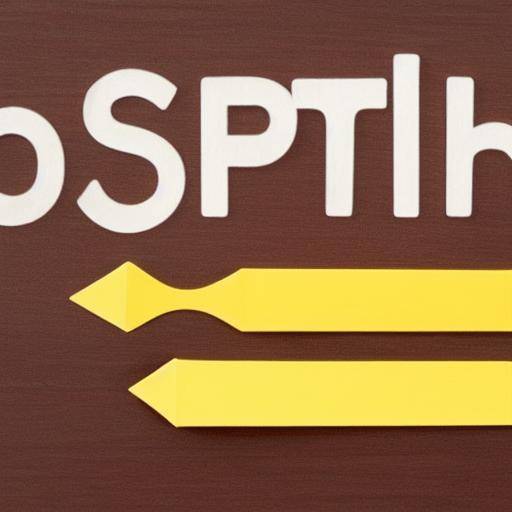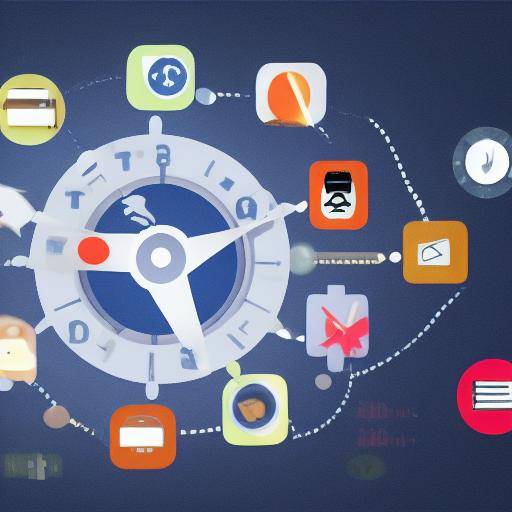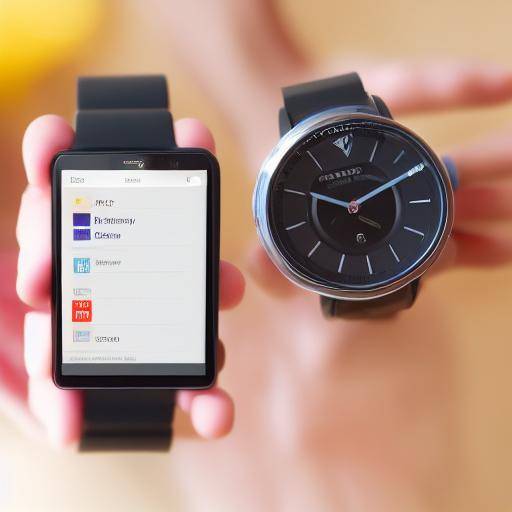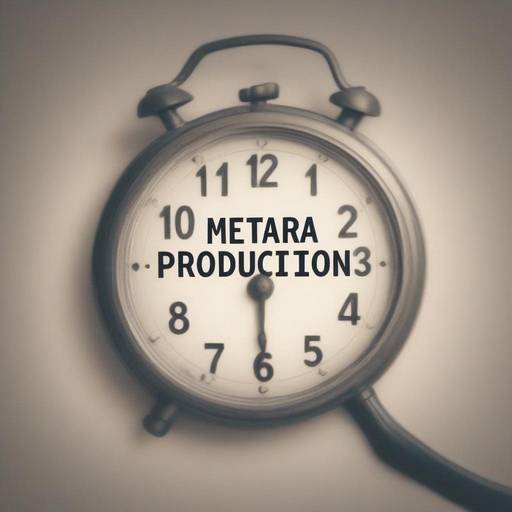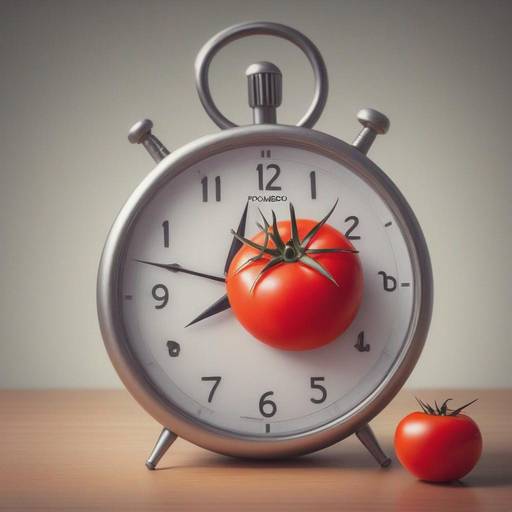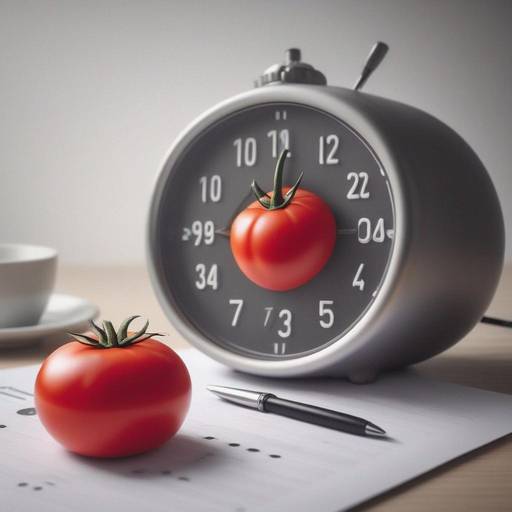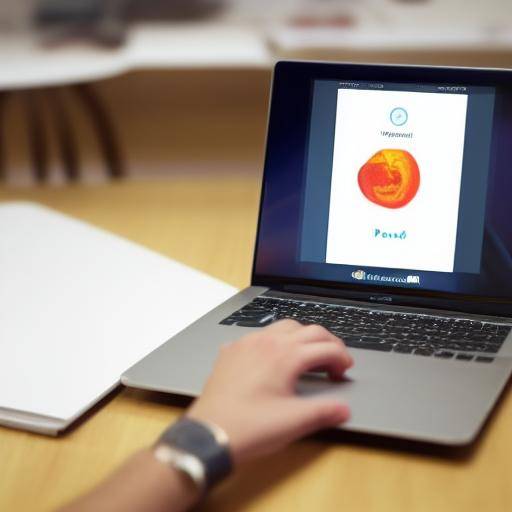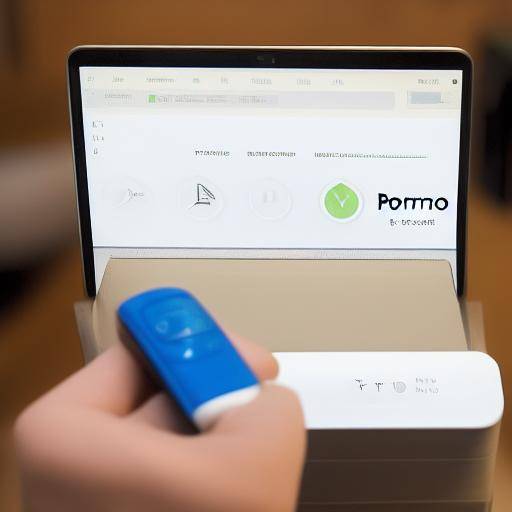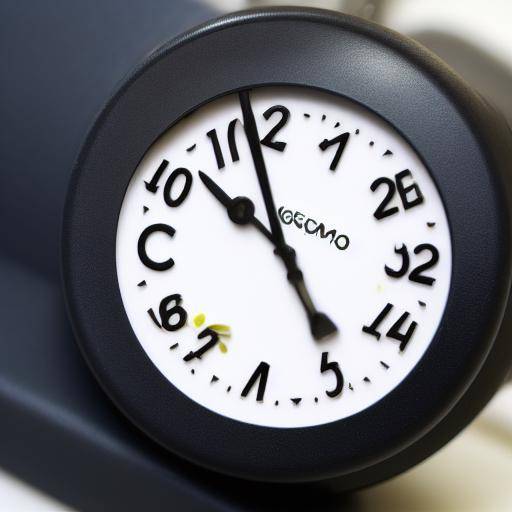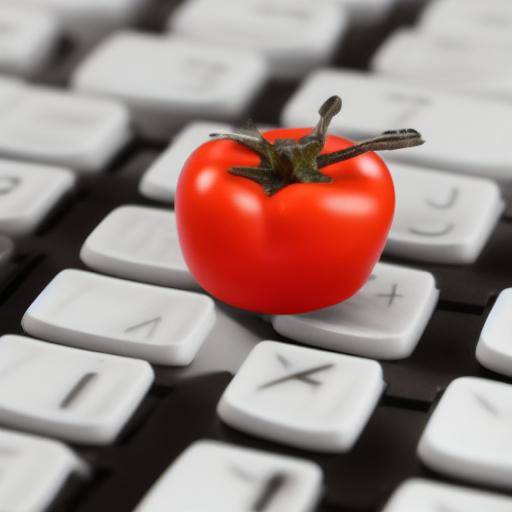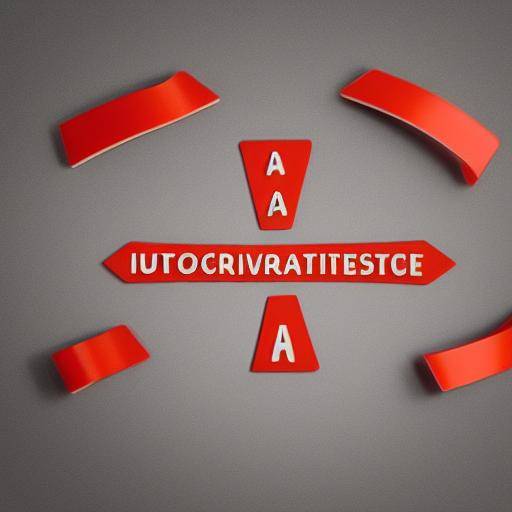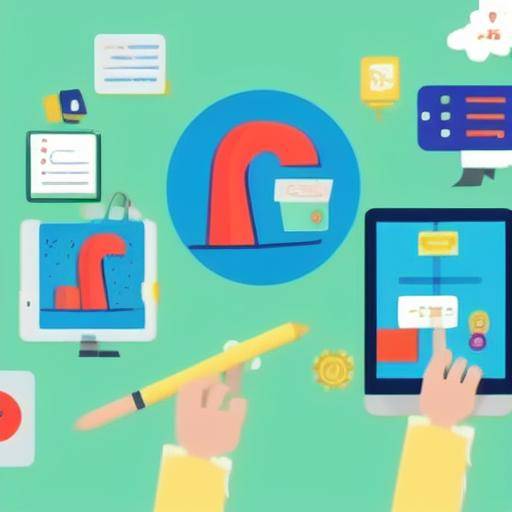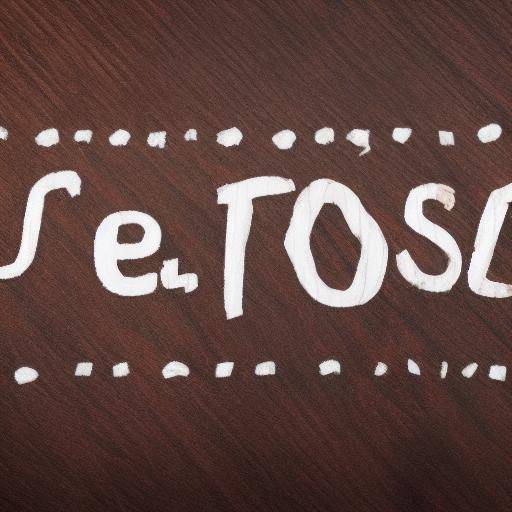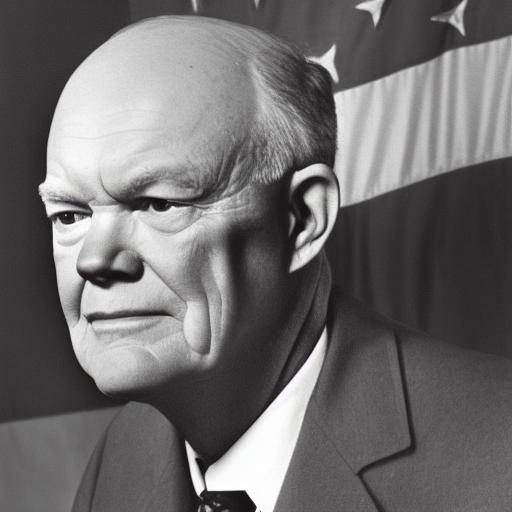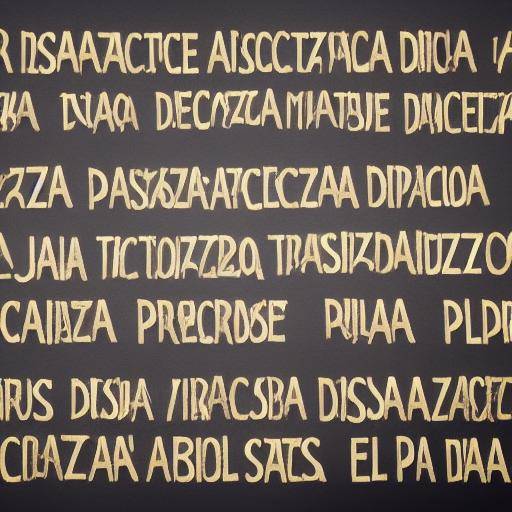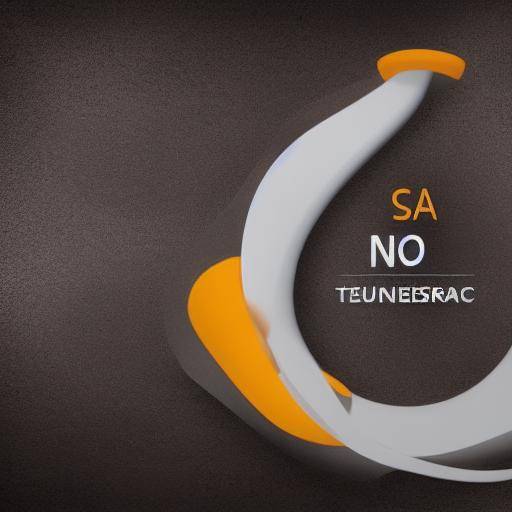
In the modern era, where multitasking and labor demands often seem endless, the ability to say "no" has become an essential component for personal productivity. This article seeks to explore in depth how the habit of saying "no" can have a significant impact on time management, stress reduction and the improvement of focus on important tasks.
Introduction
Personal productivity is the ability to optimize the use of time and resources to achieve personal and professional goals effectively. To say "no" has a direct relevance in this context, as it implies establishing clear limits, priorities and a more effective management of daily tasks. In this article, we will explore how the art of saying "no" can increase personal productivity and improve the quality of life.
Now, let us go into history and background behind the impact of this simple word on the realm of personal productivity.
History and Background
The concept of personal productivity has evolved significantly throughout history. From the beginnings of Frederick Taylor's time management in the nineteenth century to the rise of modern methodologies such as David Allen's "Getting Things Done" approach in the twenty-first century, the search for effective time management has been a constant in the working and personal world.
The ability to say "no" also has deep historical roots. In the philosophy of stoicism, for example, emphasis was placed on the importance of discerning between the important and the trivial, and sometimes rejecting the demands that did not contribute to the general welfare.
Over the years, both personal productivity and the ability to say "no" have been the subject of numerous academic research, and have become fundamental pillars for professional development and personal satisfaction.
Deep analysis
The impact of saying "no" on personal productivity is manifested at multiple levels. By rejecting tasks or commitments that do not significantly contribute to personal objectives, time and energy can be released to focus on activities that really matter.
According to recent studies, it has been shown that people who know how to say "no" effectively tend to experience lower levels of stress and anxiety, which in turn can have a positive impact on their overall performance. In addition, by establishing clear limits, greater concentration and attention is encouraged in critical tasks, leading to greater efficiency and more satisfactory results.
Comprehensive review
The practical application of the ability to say "no" can vary significantly according to the context and individual circumstances. However, there are certain universal principles that can guide people to more effective time management. This management, in turn, leads to greater personal productivity.
Leadership and time management experts often recommend the creation of lists of priorities and the thorough assessment of the demands presented. By making conscious decisions on what to devote time and energy, a clear framework can be established to decide when to say "no" constructively.
Comparative analysis
Compare the relationship between personal productivity, the art of saying "no" and time management allows us to appreciate its interconnection and complementarity. While personal productivity focuses on optimizing results, the ability to say "no" focuses on careful selection of activities to maintain efficiency. For its part, time management provides the necessary structure to strategically apply this skill in everyday life.
These three elements form a vital triangle in which each piece depends on the others to create a harmonious balance. Understanding how these areas influence each other is essential for the development of effective strategies for personal and professional improvement.
Practical Tips and Accessible Applications
For those who seek to improve their personal productivity through the art of saying "no", here are some practical tips that can be useful:
- Prioritize your goals: Identify your main goals and objectives, and assess whether the demands you face contribute to your achievement. Having clarity in your priorities, it will be easier to discern when to say "no."
- Sets limits: Learn to set healthy limits. This not only means saying "no" to others, but also to yourself. Avoid overloading of commitments that can dilute your focus on critical tasks.
- Assertively communicate: To say "no" does not have to be a confrontation. Learn to communicate your limits clearly and respectfully. Offering alternatives or explaining your reasons can help maintain positive relationships while protecting yourself from overloading.
- Learn to delegate: Not all tasks must fall on your shoulders. Learn to delegate responsibilities whenever possible, thus freeing more time to concentrate on what really matters.
A practical and proactive approach to the implementation of these tips can make the difference in the effectiveness with which the art of saying "no" is applied to improve personal productivity.
Perceptions of Industry and Expert Reviews
In looking at the perspectives of time management and productivity experts, the importance of the ability to say "no" is highlighted as a crucial element for success. According to renowned professionals, the ability to reject opportunities that are not aligned with individual goals and priorities is crucial to optimize performance and minimize dispersion of efforts.
Leaders in various industries agree that the ability to say "no" strategically is essential to keep the focus on important goals. This tactic is not limited only to the professional sphere, but extends to personal life, where it can help to establish a healthier balance and avoid exhaustion.
Case Studies and Real Life Applications
To better understand how the habit of saying "no" influences personal productivity, it is useful to explore concrete cases of successful application. Examples of individuals who have implemented this practice effectively and have managed to improve their performance, both at work and at staff, are fundamental to illustrate their real impact.
Among these cases are professionals who, by learning to say "no" effectively, managed to reduce their unnecessary workload and focus on more significant projects. Also, people who, by setting clear limits, experienced a decrease in their stress levels and an improvement in their quality of life in general.
Future Trends and Predictions
As society moves towards an increasingly demanding working and personal environment, the ability to say "no" is expected to become even more relevant. Trends indicate that approaches based on time-efficient management and sound decision-making will be of greater importance in the work and personal picture.
It is expected that, as the understanding of how rejection decisions can boost personal productivity is deepened, further adoption of this practice will be encouraged. Organizations and individuals will increasingly seek the balance between availability and the real ability to deal with commitments, which in turn will lead to greater efficiency and well-being.
Conclusions
The ability to say "no" has a transformative impact on personal productivity and the quality of life in general. By setting limits, prioritizing tasks and focusing on the essentials, time and energy can be released to achieve significant goals.
It is crucial to understand that the art of saying "no" is not about rejecting opportunities for whim, but of making conscious decisions that promote efficiency and well-being. By implementing effective strategies to say "no" constructively, tangible benefits can be experienced in time management and personal productivity.
FAQs
1. Why is it important to learn to say "no" to improve personal productivity?
The ability to say "no" effectively allows to set healthy limits and prioritize tasks, which contributes to more efficient time management and increased concentration in important activities.
2. How can I learn to say "no" without offending others?
Communicating your limits clearly and respectfully, offering alternatives where possible, and explaining your reasons can help maintain positive relationships while protecting yourself from overloading.
3. What are the signs that I should say "no" to a request or commitment?
You should consider saying "no" when a request or commitment does not contribute significantly to your main objectives, dilute your focus on critical tasks, or compromise your personal well-being.
4. What is the impact of saying "no" in stress reduction?
By rejecting tasks or commitments that do not contribute significantly to your goals, you can experience lower levels of stress and anxiety, which can improve your overall performance and well-being.
5. In what situations is harder to say "no"?
It is more difficult to say "no" when it comes to requests from nearby people, requests that seem urgent but are not really important, or when you face significant external pressures.
6. How can I implement the art of saying "no" without feeling guilty?
Recognizing that by saying "no" you are prioritizing your well-being and efficiency, and that setting healthy limits is essential to achieving your personal and professional goals.
In conclusion, the ability to say "no" strategically is fundamental to personal productivity. By setting limits, prioritizing tasks and focusing on the essentials, time and energy are released to achieve significant goals. This article has provided an integral and practical view of the impact of saying "no" on improving personal productivity, emphasizing its importance in the working environment and in everyday life.
By mastering this skill, you can experience a greater sense of control over time and activities, which in turn contributes to reducing stress and improving the quality of life in general.











